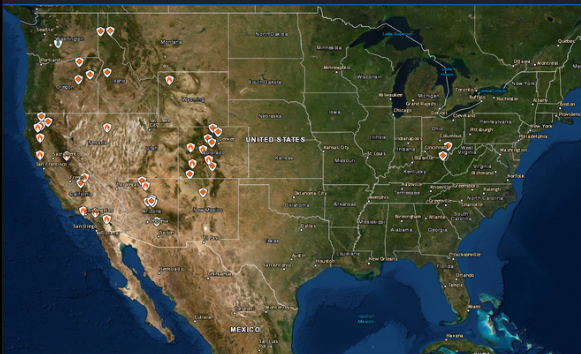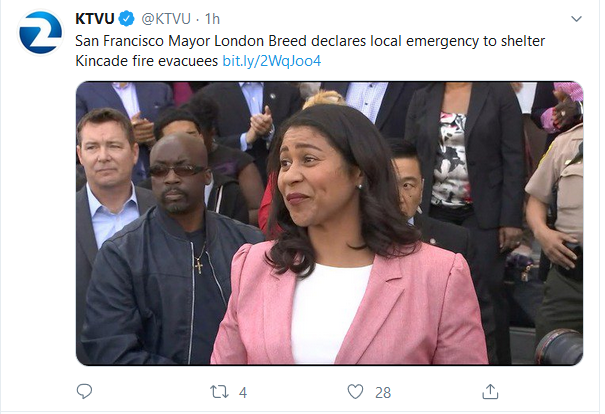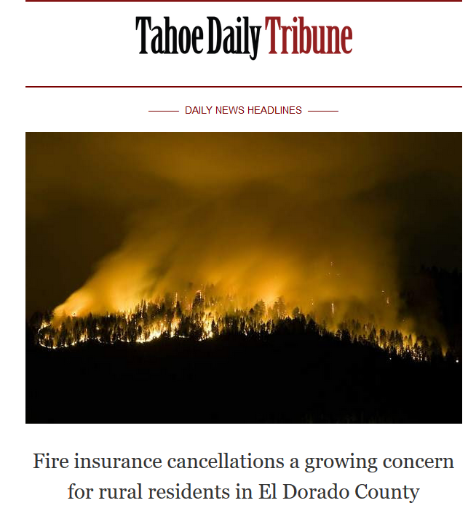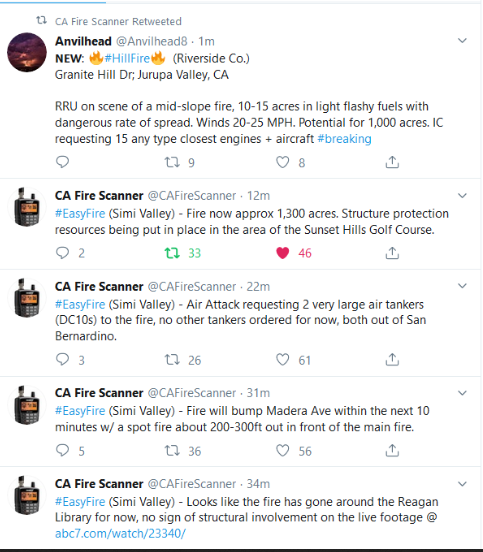Fear and anger were palpable in the room as an estimated crowd of 500 people attended a forum on fire insurance held by Assemblyman Kevin Kiley Thursday night at the Cameron Park Community Center.
Joining Kiley in providing information and answering questions were State Insurance Commissioner Ricardo Lara, El Dorado County Supervisors John Hidahl, Lori Parlin and Shiva Frentzen and staff from Lara’s office.
Reporting that 10 of the 20 most destructive fires in California have occurred in the last four years, Lara noted there has been a 12% increase in non-renewals of insurance policies in El Dorado County with that trend expected to continue in the future.
Going into the specifics of why insurance companies aren’t renewing policies, he noted that more of them are relying on satellite imagery of people’s property to determine if they want to write a policy and that more transparency in the process needs to take place. That way people have a chance to review their risk scores, appeal them and mitigate issues so risk scores can be lowered, he said.
Some new legislation related to insurance was passed in 2018-19, which may help. Senate Bill 824 provides non-renewal protection for all homes in a disaster area, Assembly Bill 38 provides financial assistance to homeowners to help pay to fire-harden a home and Assembly Bill 1816 increases advance notice insurers must give to policy holders of non-renewal to 75 days. Not all the laws are in effect yet.
Lara reminded the audience that the state’s FAIR Plan provides last-ditch insurance for those who can’t get insurance elsewhere. Not a state-funded plan, the FAIR Plan is a pool of all the admitted carriers in the state who pay into it based on the number of policies they have issued. FAIR policies do not cover liability. That requires a separate policy at additional cost.
Lara let people know that more information about the FAIR Plan or other insurance-related questions can be found at insurance.ca.gov or by calling 1 (800) 927-4357.
The idea of providing tax incentives or tax credits to homeowners to harden their homes and make them more fire safe or subsidies for homeowners with disabilities was also discussed by Kiley and Lara. Such changes would require new legislation.
People were also reminded that there are surplus line brokers for homeowners who cannot find coverage with an admitted insurer. That includes companies such as Lloyds of London, Lexington, Scottsdale and Hanover. They are considered non-admitted carriers because they are not regulated by the CDI. They charge more because of the additional risk they assume, although one audience member said some of them may be leaving the market.
County efforts
In the question-and-answer portion of the meeting, members of the county board of supervisors had a chance to discuss what the county is doing in the midst of this crisis.
Supervisor Hidalh noted the county recently passed a vegetative management ordinance and is working on a plan to clear vegetation in the highest risk areas of the county right of way. Those efforts are expected to begin in earnest in March and April of next year.
Supervisor Frentzen added that the county had allocated $700,000 for those efforts and will be going out to bid soon to hire a vendor to undertake the work.
In the meantime, Hidahl encouraged residents to join their local fire safe council as a source of information, support and possible grant funding to help in clearing their property.
The supervisors were also questioned if the county will lower people’s property taxes if property values in the county decline due to the wildfire risk but it was pointed out that once the crisis passes, those taxes can rise again. They were also asked what property owners can do about adjacent landowners who don’t clear their property and about the fire risk posed on public property such as the Pine Hill Preserve.
Members of Lara’s staff also responded to audience questions with all three staffers repeatedly urging people to keep looking if their insurance policy is cancelled or if they are faced with a large rate increase.
Phil Irwin, who manages California’s FAIR Plan insurance program, said the agency is exploring more payment options to make it easier for people to pay their insurance. Urging people to shop around, he said he’d like to get to the point where people don’t need the FAIR Plan.
Joel Laucher, a special consultant to the California Department of Insurance, said there are new insurers entering the market but some insurers choose to become non-admitted so they don’t have to follow the same rules. He also encouraged people to not give up easily in checking out other insurance options, saying people should only turn to the FAIR Plan as a last option.
Tony Cignarde, deputy commissioner of the Consumer Services and Market Conduct branch of the California Department Insurance, said consumers should have the right to appeal their fire rating score and to mitigate the risks driving the score.
Audience reaction
Members of the public had a chance to question the speakers, with many describing the ordeal they have faced in finding insurance and the fear they have of losing their homes.
One woman said she might have to walk away from her home because she can’t afford the insurance rate she was quoted and selling her home may not be an option. Even with the FAIR Plan her rate went up 30 percent.
Another in the audience said there is a need to bring more insurance carriers into the market and asked what the county is doing about the problem. They also blamed PG&E for contributing to the problem and advocated for putting electrical lines underground and bringing back the logging industry to help thin out forests.
Kiley said failed policies and no oversight of PG&E have contributed to the problem. He went on to suggest that people consider a higher deductible as one way of reducing the cost of insurance.
A last comment came from a resident who said he is a retired fire chief. He blamed the insurance industry for using the fire-risk ratings without taking into account factors unique to rural areas. He said the county was to blame for approving developments with narrow streets and no fire hydrants. He also claimed that insurance rates are tied in part to local fire protection, saying fire agencies have lost funds to counties who used the money for other purposes.
In response Supervisor Parlin suggested people read an editorial in the Oct. 16 edition of the Mountain Democrat by Don Ashton, the county’s Chief Administrative Officer, regarding funding challenges for fire districts.














